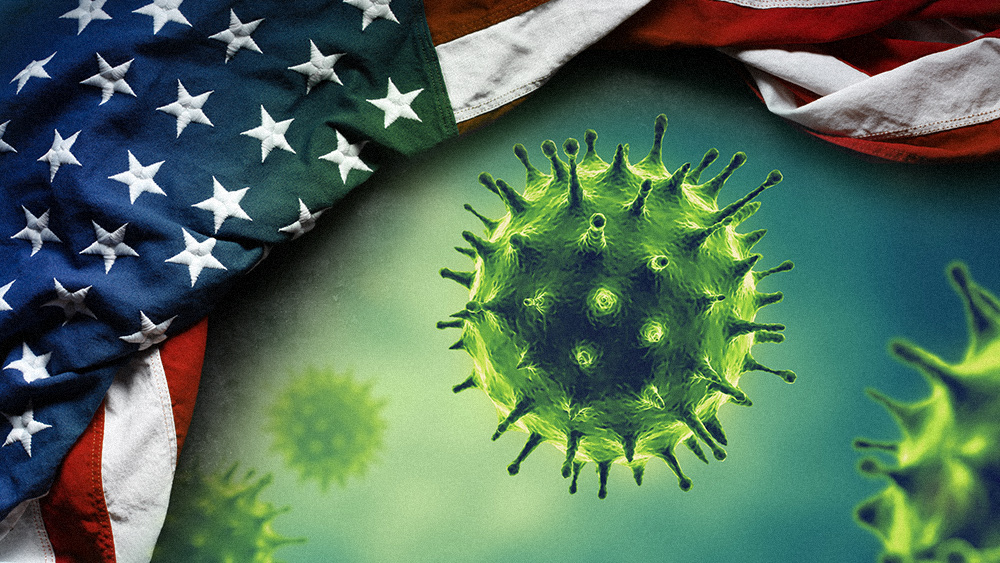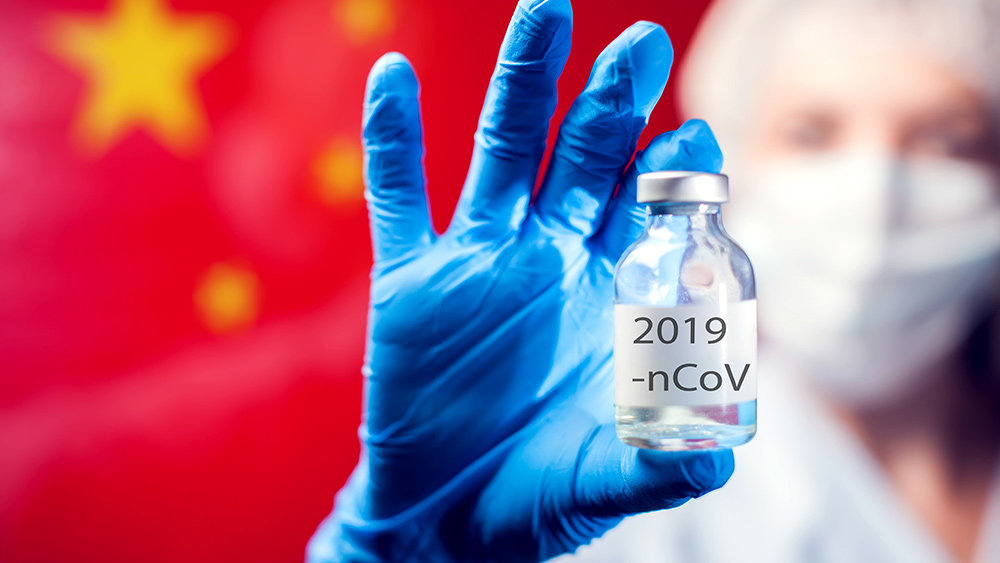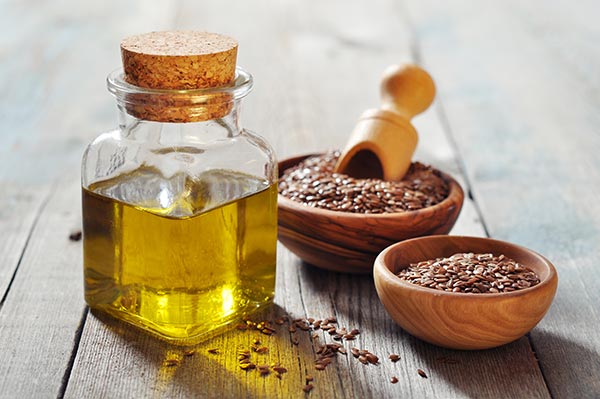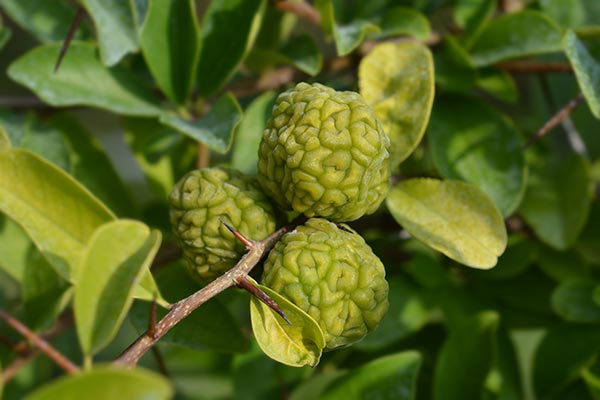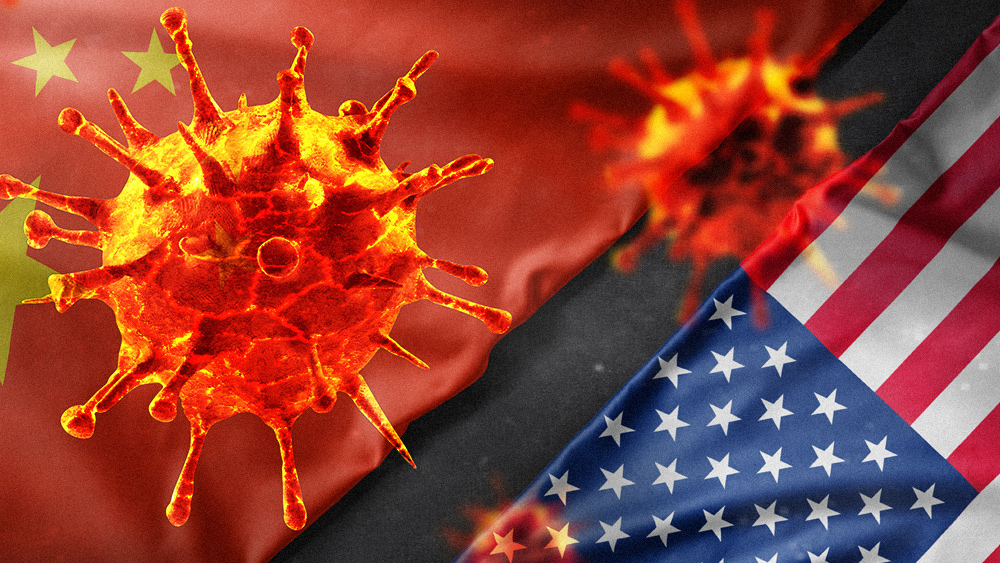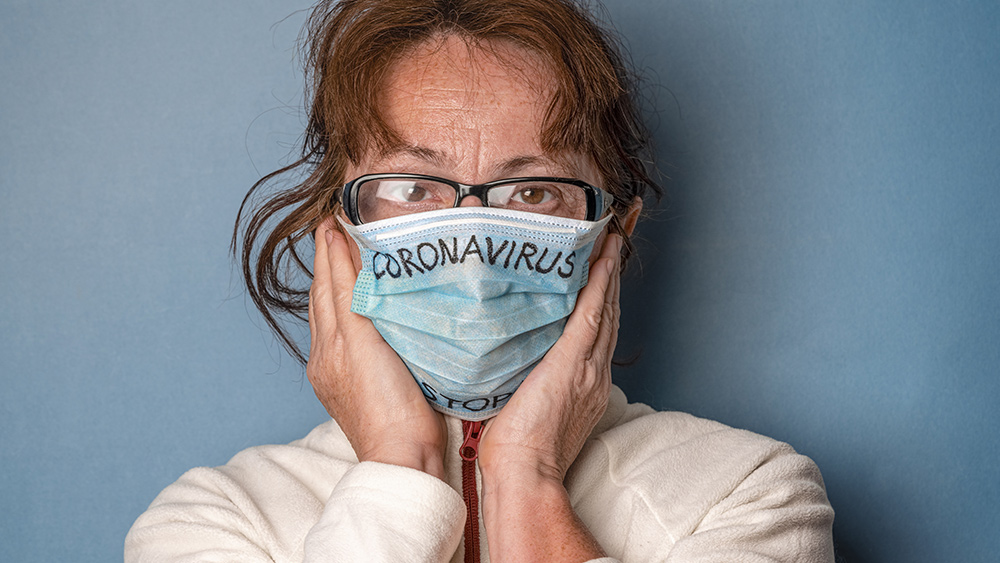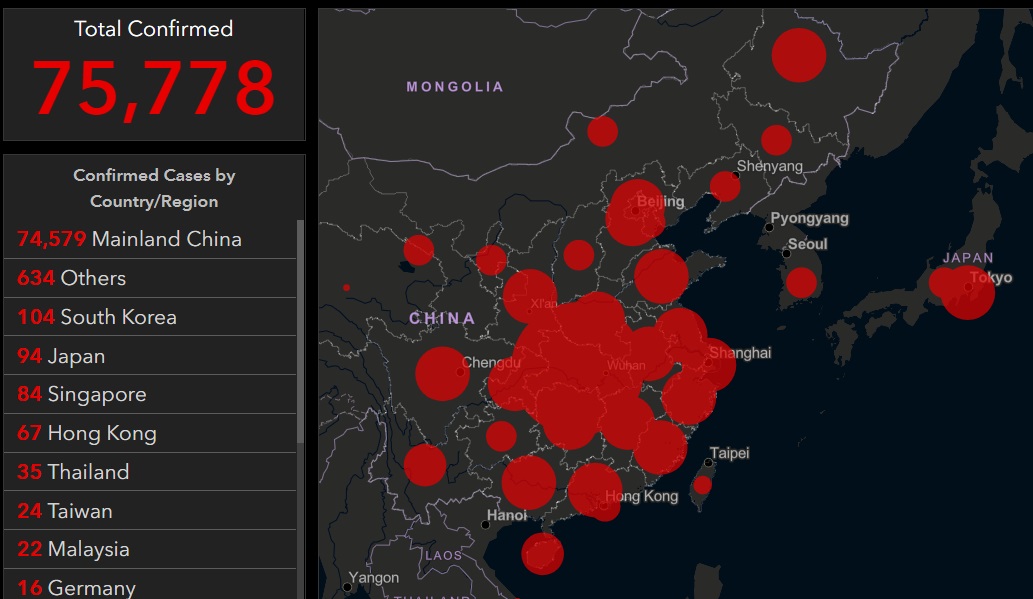Clinical trials of intravenous vitamin C treatments for coronavirus commence in China
02/21/2020 / By Ethan Huff

Researchers in China have begun clinical trials on the use of intravenous vitamin C as a remedy for the Wuhan coronavirus (CoVid-19).
While government health authorities focus on pharmaceuticals and vaccines, Dr. Richard Cheng and his colleagues are investigating the simplicity with which injecting natural vitamin C can help to prevent the deadly outcomes increasingly associated with this novel disease.
One of the key mechanisms for fatality associated with the Wuhan coronavirus (CoVid-19) is its propensity to cause acute organ failure, and especially pulmonary failure or acute respiratory distress syndrome (ARDS). The rapid release of free radicals, cytokines, and other damaging hallmarks of ARDS creates an onslaught of oxidative stress that can lead to cellular injury, organ failure, and/or death.
Intravenous vitamin C, however, being a powerful antioxidant, can prevent this type of oxidative damage and cytokine storm by minimizing their impact, increasing a patient’s chances of survival and full recovery.
Of the 138 confirmed cases that Dr. Cheng and his colleagues looked at, 26 percent had to be admitted to an intensive care unit (ICU), while 4.3 percent died. Out of 99 other confirmed cases they looked at, 17 percent of patients developed ARDS, and among these, 11 percent experienced dramatically worsened symptoms over a short period of time that led to multiple organ failure and death.
“Increased oxidative stress, an underlying ‘cytokine storm,’ leads to ARDS which is the key pathology of high mortality of these pandemic viral infections,” Dr. Cheng and his colleagues write. “Cytokine storm-induced ARDS is the key pathology leading to death of these patients. Intravenous vitamin C effectively counters oxidative stress.”
Listen below as Mike Adams, the Health Ranger, offers other helpful tips for defeating a coronavirus infection:
One of the most often causes of death from a respiratory infection is a cytokine storm
As it turns out, one of the most common causes of death from influenza, coronavirus, and other similar respiratory infections is a cytokine storm, which is basically an inflammatory response that’s so severe it ends up harming the body to the point of serious injury or death.
Vitamin C can help to mitigate this uncontrolled cytokine response, keeping it at a lower, safer threshold for healing rather than further injury. But because it’s a natural remedy, vitamin C isn’t being talked about by the mainstream media as even a possible remedy for this out-of-control outbreak that continues to spread in countries all around the world.
We have seen some reports about the use of all-natural oxygen therapy, at least in South Korea where officials there say they’ve successfully treated at least one serious case of the Wuhan coronavirus (CoVid-19) with it.
Keep in mind that intravenous vitamin C is a clinically-proven therapy for many other ailments, including cancer, and has been affirmed as beneficial by experts at Massachusetts General Hospital and Harvard Medical School – so it’s not some “woo-woo” remedy as the “skeptics” get a kick out of claiming.
“This is important in clinical management … [s]ince the prevention and management targeting increased oxidative stress with large doses of antioxidants seems a logical step and can be applied to these deadly pandemics, without the lengthy waiting for pathogen-specific vaccines and drugs, as is the case of the current 2019-nCov epidemic,” Dr. Cheng and his colleagues conclude.
“We call upon all those in the leadership, and those providing direct assistance to patients, to bravely and rapidly apply large dose intravenous vitamin C (IVC) to help those patients and to stop this epidemic.”
You can hear more podcasts each day from the H.R. Report channel by visiting the official H.R. Report channel at Brighteon.com.
More breaking news about the Wuhan coronavirus (CoVid-19) is also available at Pandemic.news.
Sources for this article include:
Tagged Under: China, Clinical trials, coronavirus, covid-19, global emergency, infection, Intravenous vitamin C, natural cures, natural medicine, Naturopathy, outbreak, pandemic, vitamin C, vitamins, Wuhan, Wuhan coronavirus

